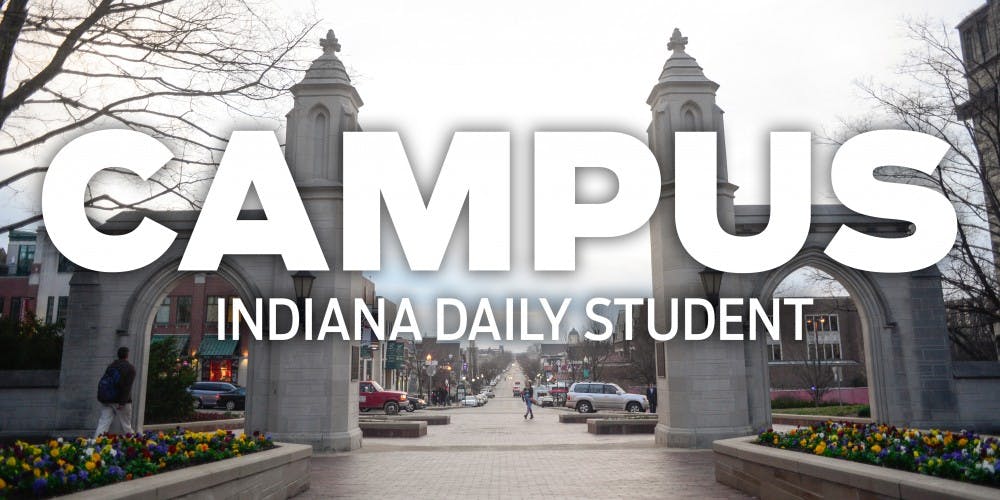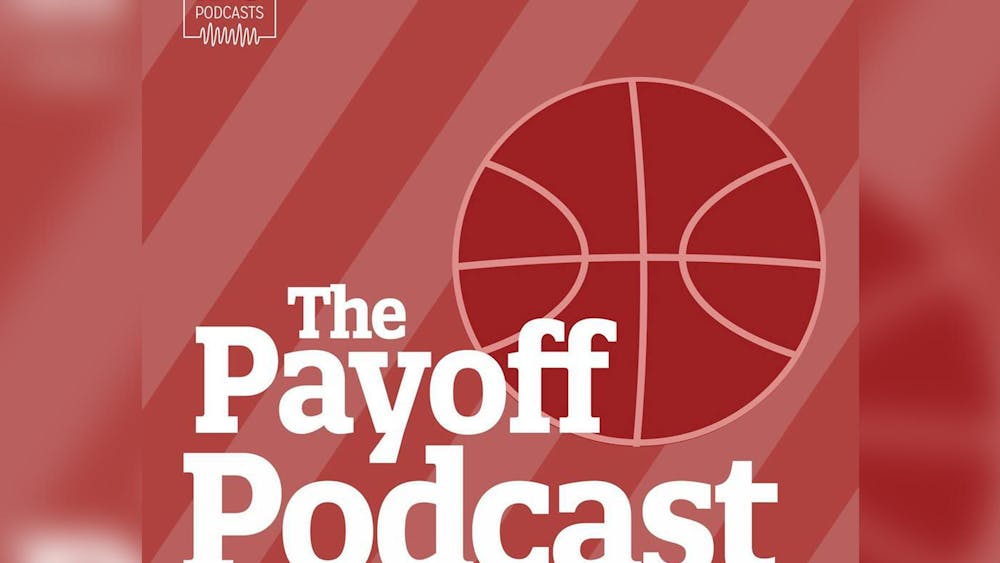Senior Aman Ahmed is a health care management and policy major. He’s also a Pakistani-American, and a Muslim. He does not support generalizing whole groups of people because he said he understands the dangers of history repeating itself.
“Look what happened to the Japanese in the ‘40s,” Ahmed said. “They were generalizations. Look at the Jews in Nazi Germany. There was a huge generalization there.”
Another Pakistani-American Muslim, who requested anonymity for this story, studies marketing in the Kelley School of Business. He, too, likes to think of himself like any other student.
“We believe in something bigger than us,” he said. “We pray. We have our customs and traditions. At the core of it, we are peaceful.”
These two students, who identify as Muslims but are non-practicing, believe they represent a faction of American Muslims who are ignored by the public. They are not terrorists, nor are they refugees. They’re just college kids.
The anonymous student said it’s important for the United States and the rest of the non-Islamic world to understand the diversity of Muslims. It is not entirely accurate to think of Muslims as one people. He said there are more than a billion Muslims in the world and that most of them are good people but a few bad ones have ruined it for the rest.
He also said he is against the generalizations people make about Islam, particularly the conflation of religious practice and geography. He has lived in six Middle Eastern and North African countries -- Pakistan, Saudi Arabia, Egypt, Bahrain, the United Arab Emirates and Algeria. Wherever he went, he met Muslims with different religious traditions.
Ahmed agreed and said the U.S. has a history of using a specific race, religion or ethnicity as a scapegoat. Although Pakistan was spared from the list of banned countries, the anonymous student said he understood it was possible that Pakistan could be next.
“If you ask any Pakistani in the country, he will be the first to tell you we have our own troubles,” he said. “To place a travel ban would be unfair. I know good people at home who want to come here, be productive and contribute to society.”
He pointed out that diversity goes both ways.
“I went to Nashville this weekend, and there were a lot of Trump supporters there,” he said. “It was interesting. I was in a bar, and the band shouted ‘Trump’ out before their set.”
He said it was interesting because, in the IU liberal bubble, it can be hard to find Trump supporters. Therefore, it can be hard to bridge political and social gaps through understanding. He said it is important to understand each other because it’s one of the only ways toward progress.
Ahmed said he agreed.
“The dangers are we create an ignorant mindset for people to follow,” Ahmed said. “If people took time out of their day to meet other races I think that would stop generalizations.”
Ahmed said he also knows immigrants are, for the most part, innocent and well-meaning people. His grandmother was a refugee from India to Pakistan, and his parents moved to the U.S. to forge a new future for their families.
He said it’s unsettling to see families just like his own being marginalized.
The IDS sent reporters to the Monroe County Courthouse and the Indianapolis International Airport to cover protests following President Trump's 90-day travel ban. This is what they saw.






